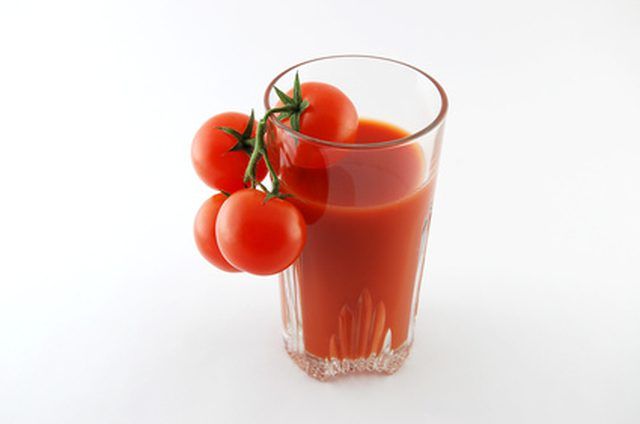Bulbs
Flower Basics
Flower Beds & Specialty Gardens
Flower Garden
Garden Furniture
Garden Gnomes
Garden Seeds
Garden Sheds
Garden Statues
Garden Tools & Supplies
Gardening Basics
Green & Organic
Groundcovers & Vines
Growing Annuals
Growing Basil
Growing Beans
Growing Berries
Growing Blueberries
Growing Cactus
Growing Corn
Growing Cotton
Growing Edibles
Growing Flowers
Growing Garlic
Growing Grapes
Growing Grass
Growing Herbs
Growing Jasmine
Growing Mint
Growing Mushrooms
Orchids
Growing Peanuts
Growing Perennials
Growing Plants
Growing Rosemary
Growing Roses
Growing Strawberries
Growing Sunflowers
Growing Thyme
Growing Tomatoes
Growing Tulips
Growing Vegetables
Herb Basics
Herb Garden
Indoor Growing
Landscaping Basics
Landscaping Patios
Landscaping Plants
Landscaping Shrubs
Landscaping Trees
Landscaping Walks & Pathways
Lawn Basics
Lawn Maintenance
Lawn Mowers
Lawn Ornaments
Lawn Planting
Lawn Tools
Outdoor Growing
Overall Landscape Planning
Pests, Weeds & Problems
Plant Basics
Rock Garden
Rose Garden
Shrubs
Soil
Specialty Gardens
Trees
Vegetable Garden
Yard Maintenance
How to Get Rid of a Skunk Odor Outside
How to Get Rid of a Skunk Odor Outside. Skunks, furry black-and-white mammals that are members of the weasel family, perform a valuable function in the environment by eating mice, rats, roaches, grubs, beetles and other pests. However, you should never approach these handsome and beneficial animals because it's a possibility that the skunk could be...

Skunks, furry black-and-white mammals that are members of the weasel family, perform a valuable function in the environment by eating mice, rats, roaches, grubs, beetles and other pests. However, you should never approach these handsome and beneficial animals because it's a possibility that the skunk could be carrying rabies. Skunks also create problems when their visits become so frequent that they leave their lingering scent behind, or when they spray patio, greenery and sides of houses in the process of defending against a predator or fighting a rival for a mate. According to William F. Wood of the Department of Chemistry at Humboldt State University, tomato juice is ineffective against skunk odor. In order for the odor to be neutralized, the chemicals in the fluid must be changed to a different type of molecule. With the proper ingredients, you can neutralize the distinctive skunk-y scent.
Things You'll Need
Liquid laundry bleach
Clear (white) vinegar
Liquid dishwashing soap
Backpack-type garden sprayer
25 pounds of charcoal briquettes
Plastic tarpaulin
Scented candles (optional)
Incense (optional)
Wash colorfast objects such as patios, decks, building walls and fences with a solution made of 1 cup of liquid laundry bleach to every gallon of warm water. Test the surface in an inconspicuous area to make sure the bleach doesn't discolor it. Spray or douse every surface that has been in contact with the skunk's secretions. It can take several applications to dispel the scent entirely.
Mix 1 gallon of clear vinegar with 1 cup of liquid dishwashing soap in a backpack-type garden sprayer, and spray down the grass to nullify the lingering skunk scent on your lawn.
Place 25 lbs. of charcoal on a plastic tarpaulin and put it in the crawl space to neutralize the scent from a skunk that has sprayed under a house. If too much of the odor has come inside the house, only time and ventilation will effect an ultimate cure.
Light scented candles--particularly citronella--and burn incense on a deck or patio to impart a more pleasant scent to the air. It will not neutralize the skunk odor, but can help to temporarily mask it.